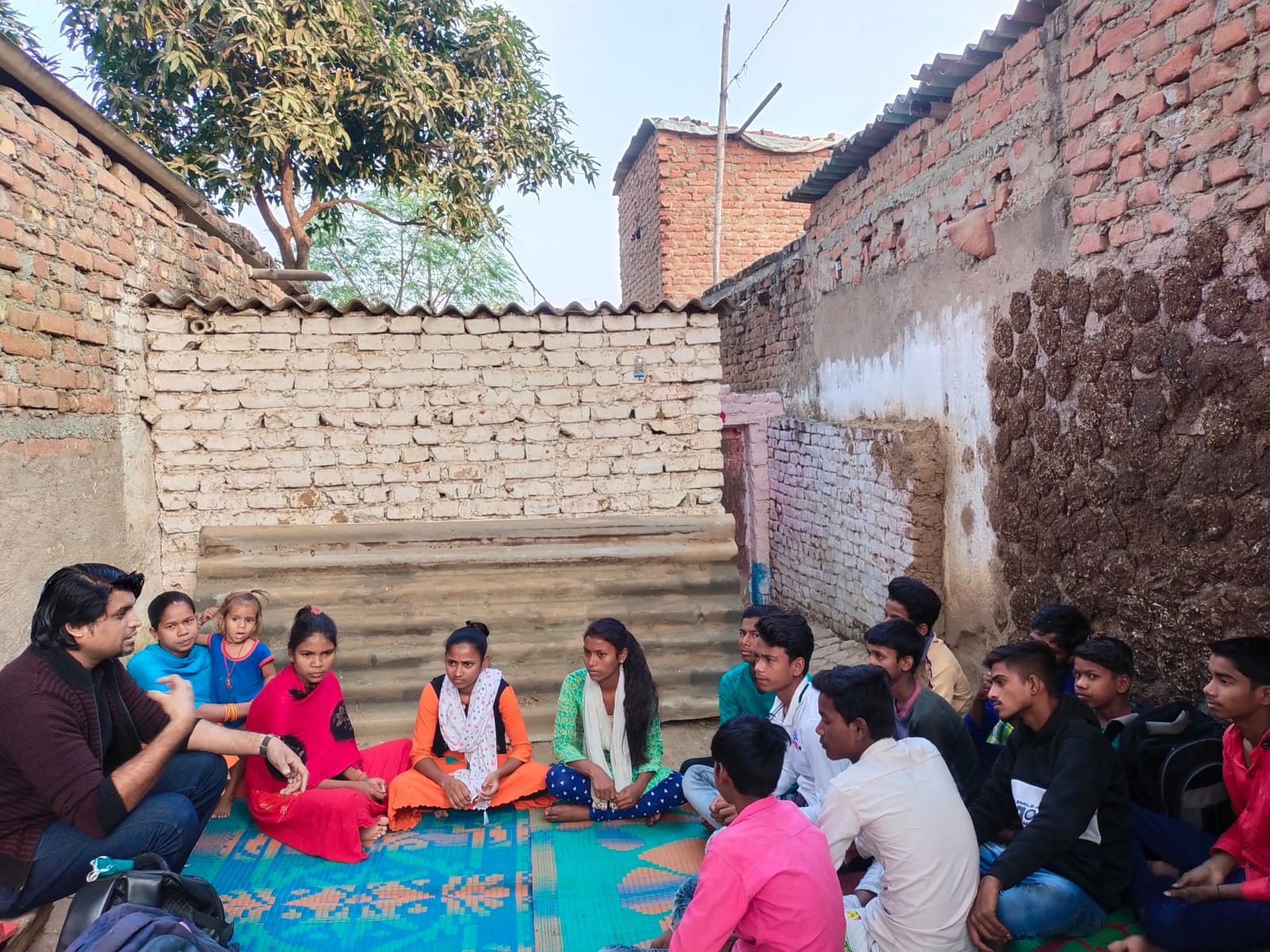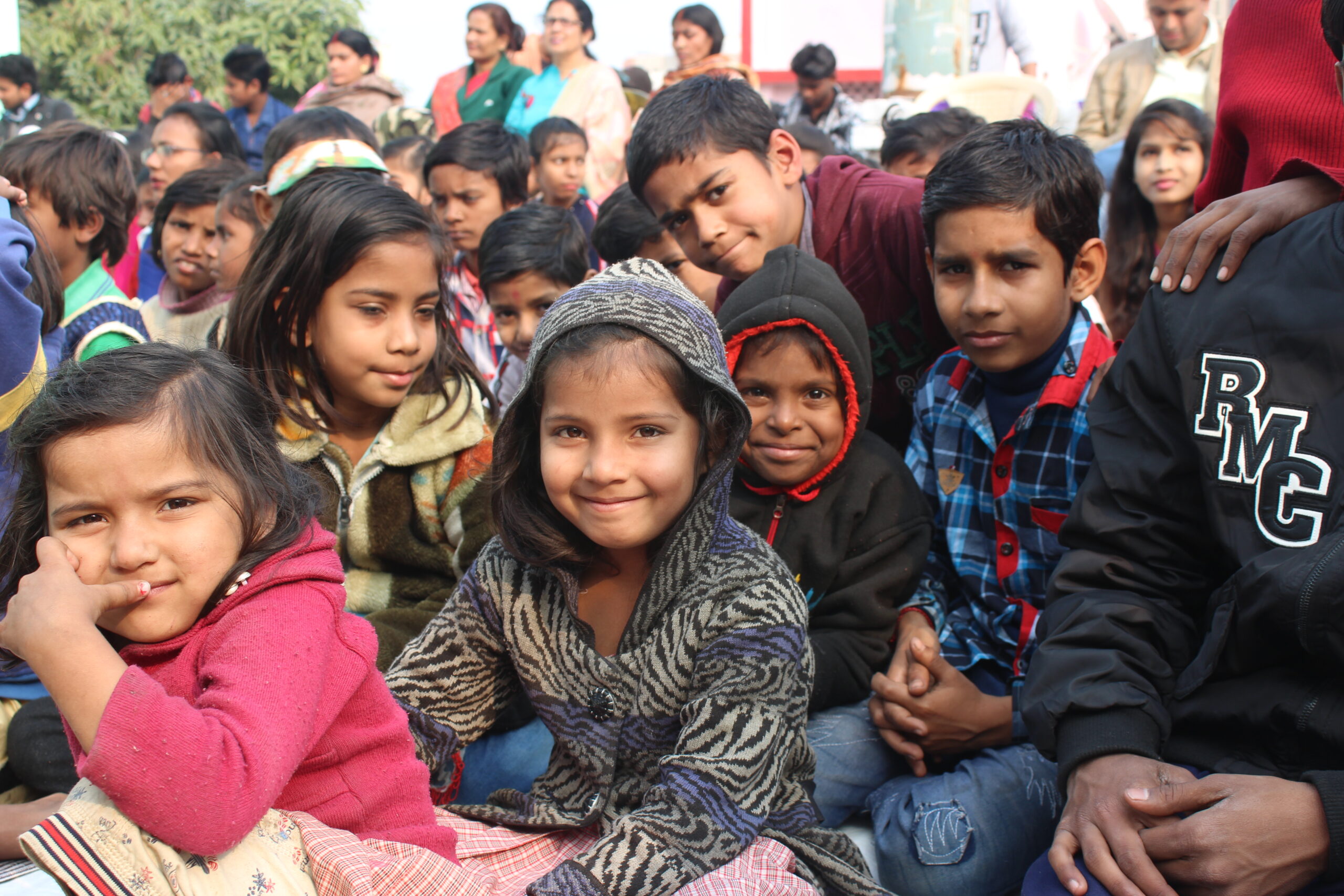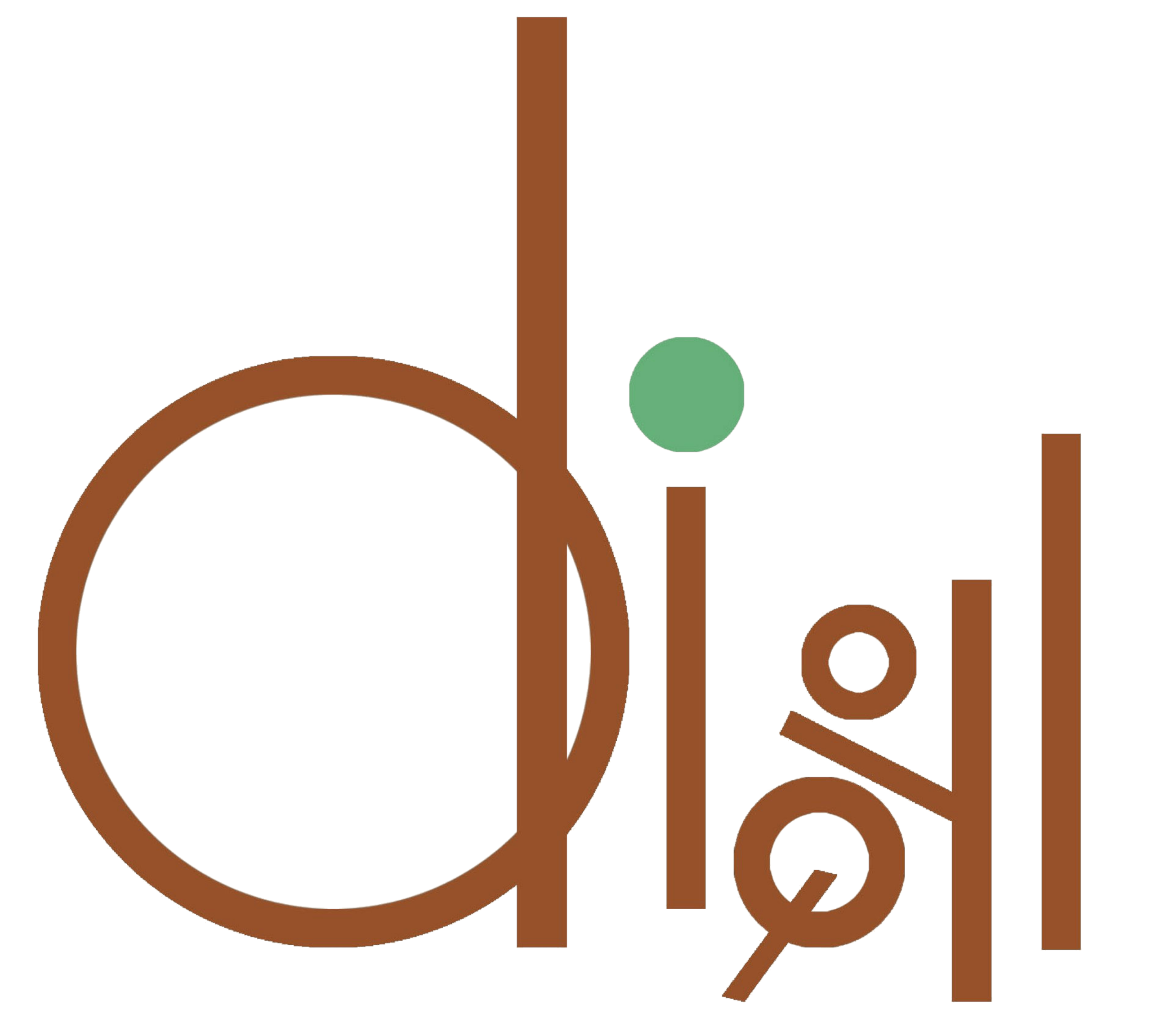Our vision
We dream of a place where all children and young people in India get a well-rounded education. This education will give them a strong mind, a kind heart, and a healthy body. It will help them succeed in life, care for others, and make the world a better place.
Our Mission
Foster Inclusive and vibrant learning environment using modern technology
Enhance academic outcomes and promote global citizenship through community engagement
develop programs to create smart and responsible citizens
Diksha’s work revolve around three themes:
Theme-1
Creating incusive and vibrant learning spaces-
In doing so, we give a chance to an individual to develop their self esteem. We believe in improvising the physical and experiential aspects of classrooms.. With this, children build relationships with others, children also learn about inclusive values
Theme-2
Reverence for life-
Reverence for life explains how we must give the same care and respect to others that we wish for ourselves.
Theme-3
Creativity and Innovation
To effectively break out of the poverty cycle, children and youth from underprivileged communities need access to and build comfort with new kinds of technologies. We are equipping children with technological tools so that they not only learn how to access digital tools as consumers but they also become equal participants in creating technology through programming and other tools.


Our Future Plan
There are very few organizations in the education sector of Bihar, who are approaching learning and knowledge creation from Diksha’s lens/strategic mindset. Many of the ideas we want to implement are cutting edge, even in western countries. Hence, it is important to contextualize our initiatives and implement them on-ground through projects.
KHEL Learning Center
In the second decade of our KHEL centers, we will focus on creating our Centres as model learning centres for Bihar. We plan to introduce new teaching-learning methods to make our center inclusive and democratic. The annual outreach of the center will be expanded to 550 children and youth per year. We will create a balance between our programs for youth and children, as many of our alumni would need guidance as they become young adults. Our centres currently work out of small rented premises; we will be raising resources to build eco-friendly KHEL center equipped with modern technology as well as sustainable architecture elements. Total annual outreach of 3500 children in the period 2020-2027.
community action and service learning projects
Diksha’s approach to education has an active component of responsibility towards the community and the larger society. In 2019, we actively engaged youth from colleges and slum communities to spread awareness on health, hygiene, and safety issues. We plan to further our community work with projects that help youth and children living in low-income settlements. By 2027 we plan to cover 20 major slum communities of Patna under our public education and awareness campaigns.
english and hindi language program
We are initiating a partnership with the US Embassy to implement the English Access program. In the next three years, we will be training 200 undergraduate level youth through this program. We will also be working on improving both English and Hindi learning outcomes in Government schools and low-cost private schools. In the first three years, we will target primary classes, reaching out to 30 schools for English and Hindi Language programs. In the second phase, we will reach a total of 80 primary and middle schools. We will source the curriculum by evaluating Eklavya, Vidya Bhawan, Rishi Valley Schools, and Digantar.
child right and gender education
Youngsters in Bihar remain vulnerable to child abuse and sexual abuse. We have initiated some work in this regard with PANTS sessions in schools to help children understand how to be safe and share with their guardian/teachers if they encounter any abusive behaviour. We plan to conduct these sessions in 720 schools by 2027.
school improvement program
To fulfil Diksha’s agenda of holistic education, it is imperative to develop school leadership and formulate whole-school programs. Diksha worked with SRB Alok School, Gangagarh Village, Bulandshahr, in a multi-year project from 2010 to 2016. The learning from that project and experience from Diksha’s learning centres would be used to design a school improvement program. Schools as Learning Organizations framework developed by Peter Senge, MIT, USA, and Leadership for Learning framework developed by John Macbeath, Cambridge University, UK, will be evaluated as
magadh makershala
India’s IT industry makes a significant contribution to the Gross Domestic Product of the country. However, Bihar did not benefit directly from the IT revolution. Our interest is helping our students becoming digitally empowered so that they become creators of technology. We will set up ten maker-spaces in Bihar where the child would learn fabrication, the Internet of Things, and associated concepts using Raspberry Pi computer. We will use the Code Club modules developed by the Raspberry Pi Foundation for this initiative. The government of India has supported the establishment of ATL Tinkering Labs in schools; we recently conducted life skill sessions in schools running ATL Lab in Bihar.
inclusive school projects
Most schools lack the basic infrastructure necessary to make them accessible to physically disabled students, mental disability is misunderstood, and the state as a whole has virtually no expertise in addressing learning disabilities. Given this context, we have initiated Project Alive- an inclusive education project, our goal is that each student should be treated fairly and equally by the teachers. The Index for Inclusion is a manual developed by Prof Tony Booth, Cambridge University, UK and Mel Ainscow, University of Manchester, UK. The Index helps in creating inclusive skills through dialogue and capacity building of teachers. The targeted outreach for Index is 35 schools by 2027.
ignite ideas labs
Diksha has been a member of the Honey Bee Network since 2011. We are fortunate to have Prof Anil Gupta, Founder, Honey Bee Network and Faculty, Indian Institute of Management, Ahmedabad, as our Mentor. From 2011 to 2018, we reached out to over 60000 children organizing Ignite creativity contests in schools of different districts in Bihar. In the next phase, we plan to redesign the Ignite initiative to set up innovation clubs in schools, organizing workshops, and training for 14000 children in the next seven years.
civic education and global citizenship
Diksha works with children from vulnerable communities. At one level, they need knowledge and insight about their rights and responsibilities as citizens of India. At another level, they are also most vulnerable to the effects of global issues like climate change and environmental degradation. Since 2016, we have been working with Commutiny the Youth Collective to implement Jagrik Samvidhan Live, civic education, and global citizenship experiential learning module. The objective is to teach students public values and develop responsible citizens. We plan to reach out to 21000 children with Jagrik and other innovative civic learning projects in the next seven years.
social emotional and ethical learning
Diksha’s idea of education does not confine to literacy alone. Our endeavor is to offer children opportunities to develop their emotional intelligence(EQ) and train them to become responsible and ethical human beings. To further this agenda, we plan to teach Social Emotional & Ethical learning skills to children in 40 government and low-cost private schools. By the year 2025, we will create a resource hub at Patna so that the SEE Learning program is implemented at a broader scale in different schools of Bihar.
“Education is not the learning of facts, but the training of mind to think”
Give Today
$5
$10
$50
$250
$500
Other
